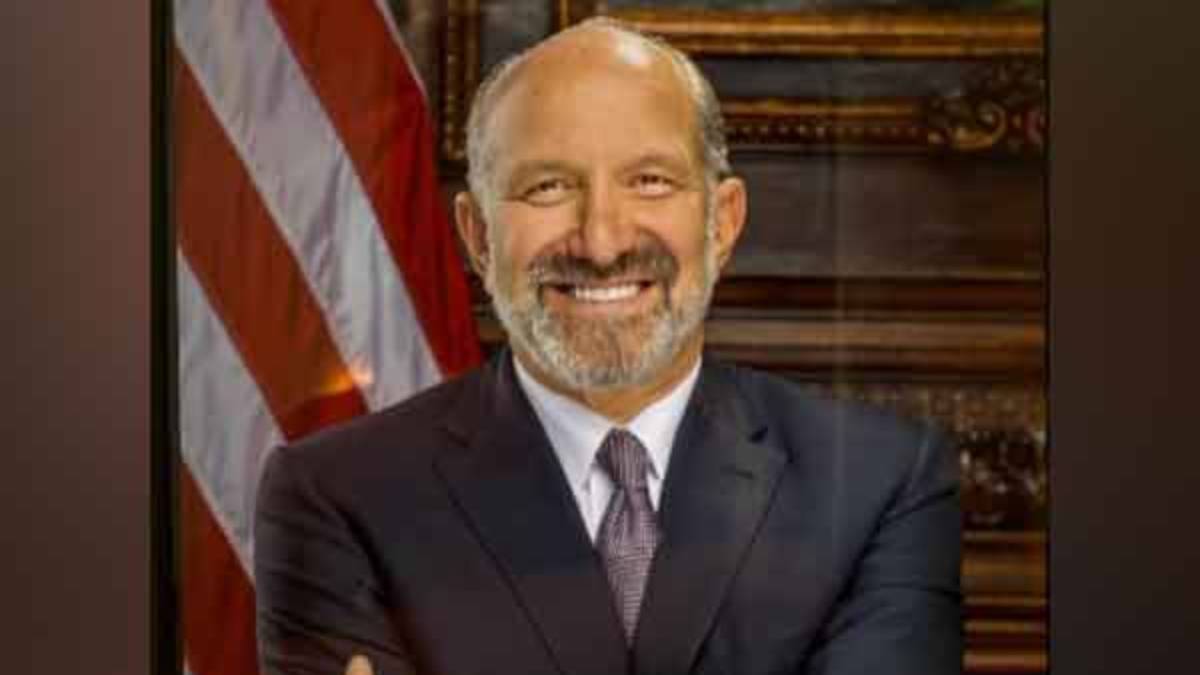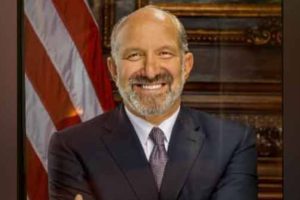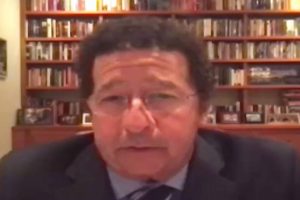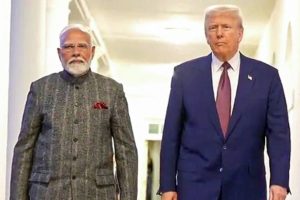A major trade agreement between the United States and India could be finalized soon, according to US Commerce Secretary Howard Lutnick, who expressed strong optimism about the trajectory of ongoing negotiations during remarks at the US-India Strategic Partnership Forum.
“We’re in a very, very good place,” Lutnick said, hinting that a mutually beneficial deal is within reach. “You should expect a deal between the United States and India in the not-too-distant future. I think we found a place that really works for both countries.”
When asked directly about his confidence in the outcome, Lutnick responded with his trademark candor: “I’m very optimistic. It could just be the way I come across.”
Lutnick praised India’s swift approach to trade talks, noting that the current discussions are progressing far more rapidly than is typical for international trade agreements. “Deals like this used to take two or three years—we’re trying to get them done in a month. That’s just not the ordinary DNA of trade talks,” he said, referencing a July 9 deadline for the ongoing dialogue.
He also acknowledged India’s eagerness to be among the “early movers” in securing a deal with the US. “Earlier countries get a better deal. That’s the way it is. I think India is trying hard to be one of the earlier countries, which I appreciate.”
Despite his optimism, Lutnick raised concerns about India’s protectionist policies, particularly high tariffs on American goods. “You ask them why? The answer is, I don’t know why. It just is,” he remarked, urging India to “bring them down to a level that is reasonable and appropriate so we can be treated as partners.”
He also flagged India’s defense ties with Russia as a sensitive issue. “You generally buy military gear from Russia—that gets under America’s skin,” Lutnick noted, while acknowledging India’s recent pivot to US-made defence equipment.
Lutnick cautioned that India’s involvement in BRICS may not align with US strategic interests, saying, “That’s not really the way to make friends and influence people in America.”
However, he emphasized India’s strategic importance, especially in the context of US-China competition in artificial intelligence. He revealed US plans to support large-scale data centre development in India, alongside a more open policy on tech-sharing under a prospective Trump administration. “We are willing to sell our best chips, but they have to be done in certain ways,” he said.
Lutnick also floated the idea of a “Trump Gold Card”—an immigration programme aimed at global entrepreneurs, offering flexible residency and tax arrangements. “It’s a wonderful opportunity for people to be part of two economies,” he added.
A self-professed admirer of India, Lutnick shared that he is a “great fan of India,” and joked about his personal connections with Indian friends, recalling shared experiences such as house parties and cricket games. “Even people in the government know that that’s true,” he said.
As both nations approach the final stretch of trade talks, Lutnick reiterated that certain US industries are set to relocate to India, while high-end manufacturing will return to the United States—a strategy he described as a win-win for both economies.
If finalized, the deal could mark a significant milestone in US-India economic relations, bolstering bilateral trade, technology collaboration, and geopolitical alignment.





